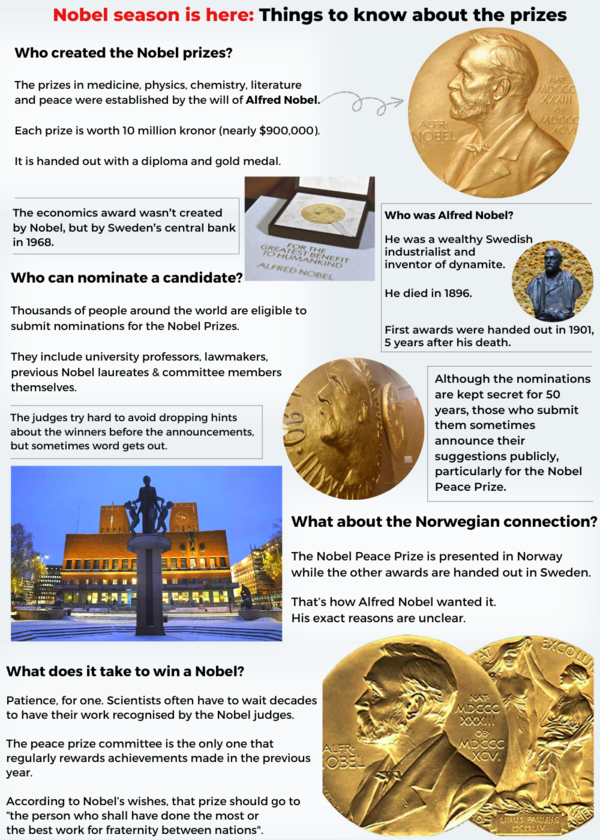Winners of this year’s Nobel Prize in Economics have greatly improved our understanding of the role of banks in the economy, particularly during financial crises, as well as how to regulate financial markets, reads a statement released by the academy.
Because there are banks
Diamond and Dybvig have developed theoretical models that explain why banks exist, how their role in society makes them vulnerable to rumors of their impending collapse, and how society can reduce this vulnerability.
The duo presented a solution to banks’ vulnerability in the form of government deposit insurance. When depositors know that the state has guaranteed their money, they no longer need to rush to the bank as soon as the rumors about a bank run start.
Diamond also showed how banks play an important role in society. As intermediaries between savers and borrowers, banks are better suited to assess the creditworthiness of borrowers and to ensure that loans are used for good investments.
Race to the counters
Bernanke, meanwhile, analyzed the Great Depression of the 1930s, the worst economic crisis in modern history. Among other things, he showed how bank runs have been a determining factor in the deep and prolonged development of the crisis.
Using historical sources and statistical methods, Bernanke’s analysis showed which factors were important in the decline in gross domestic product. She found that factors that were directly linked to bank failure accounted for the lion’s share of the recession.
The work done by the trio was instrumental in subsequent research that improved our understanding of banks, banking regulation, banking crises and how financial crises should be managed, the release read.
The academy added that the trio’s research reduces the risk of financial crises turning into long-term depressions with serious consequences for society.
Abhijit Banerjee
In 2019, Indian-born American economist Abhijit Banerjee was awarded the Nobel Prize in Economics (along with Esther Duflo and Michael Kremer) for helping to develop an innovative experimental approach to alleviate poverty around the world.
Unlike the other awards, the Economics Award was not instituted in Alfred Nobel’s 1895 will but by the Swedish central bank in his memory. The first winner was selected in 1969.

Last year, half of the award went to David Card for his research on how the minimum wage, immigration and education affect the labor market. The other half was shared by Joshua Angrist And Guido Imbens for proposing how to study issues that do not easily fit traditional scientific methods.
A week of Nobel Prize announcements began on October 3 with the Swedish scientist Svante Paabò receive the medical award for uncovering the secrets of Neanderthal DNA that provided key insights into our immune system.
Three scientists together won the physics award on 4 October. The French Alain Aspect, the American John F. Clauser and the Austrian Anton Zeilinger had shown that tiny particles can maintain a connection with each other even when separated, a phenomenon known as quantum entanglement, which can be used for specialized processing and to encrypt information.
On 5 October the Nobel Prize in Chemistry was awarded to the Americans Carolyn R. Bertozzi and K. Barry Sharpless and to the Danish scientist Morten Meldal to develop a way to “hook molecules together” that can be used to explore cells, map DNA, and design drugs that can target diseases such as cancer more precisely.
French author Annie Ernaux won the Nobel Prize for Literature this year. The jury praised her for blending fiction and autobiography in books that fearlessly extract her experiences as a working-class woman to explore her life in France since the 1940s.
The Nobel Peace Prize went to jailed Belarusian human rights activist Ales Bialiatski, the Russian group memorial and the Ukrainian organization Center for Civil Liberties on Friday.
The prizes carry a cash prize of SEK 10 million (nearly $ 900,000) and will be delivered on December 10th.
(With input from agencies)
